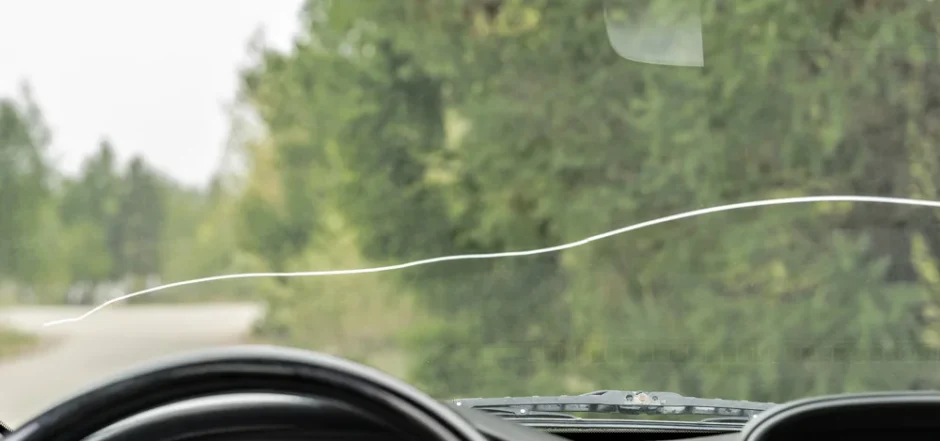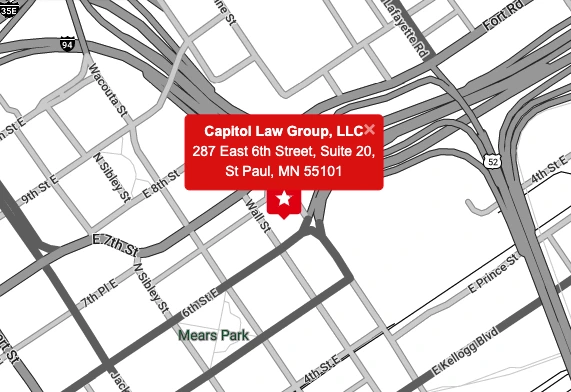Stoned Drivers and St. Paul Drug Crime Attorneys

In 2013, Colorado became the first state to legalize marijuana, and many other states followed suit. But the push for legalization has lost some momentum lately. Many lawmakers are concerned, rightly or wrongly, that legal weed would increase the number of intoxicated motorists. There is not much evidence either way, so politicians are left to speculate. That’s what they do best.
In Minnesota, it is illegal to drive under the influence of marijuana. That much is clear. The impairing effects of marijuana, however, are less clear. Alcohol intoxication begins after three or four drinks. When does marijuana impairment begin? Does it take three puffs on a joint or thirty? There’s also a preliminary question. There is some evidence that marijuana does not impair drivers at all.
All these cases make stoned driving cases incredibly complex. Just like politicians thrive on speculation, St. Paul drug crime attorneys thrive on complexity. The more moving parts a case has, the easier it is to create reasonable doubt.
Circumstantial Evidence
Like drunk driving cases, stoned driving cases always involve circumstantial evidence of impairment. Sometimes, this evidence is necessary to establish guilt. Other times, its role is to provide probable cause for a chemical test request.
Right now, a blood test is basically the only available chemical test in Ramsey County DWI cases. Other tests, like hair follicle tests, are cost-prohibitive and logistically messy. Perhaps as early as 2020, a Breathalyzer test for marijuana may be available. More on that below.
Larger jurisdictions like Ramsey County often use Drug Recognition Experts (DREs) in DWI-drug matters. With a name like “expert,” these individuals have a great deal of credibility with the jury. So, it’s important for a St. Paul drug crime attorney to attack the DRE’s testimony.
The “expert” thing may be extremely overclaimed. DREs must attend a weeklong, police-sponsored seminar. Then, to prove their mettle, they must conduct twelve trial inspections. According to the rules, “the officer must identify an individual under the influence of at least three of the seven drug categories.” In other words, the more stoned drivers you find, the more likely you are to receive the DRE merit badge.
There’s more. DREs usually respond to the scene of an arrest to confirm drug use in an individual who has already been detained. So, drug recognition is a self-fulfilling prophecy. If your girlfriend told you she liked a certain movie, you would probably like it too, even if you thought the plot was a little thin.
Marijuana Blood Tests
In many jurisdictions, the trial conviction rate in blood test DWIs is over 95 percent. But the Supreme Court recently held that police officers must have search warrants to extract blood samples. Most officers are unwilling to go through this process. So, blood test DWI cases are relatively rare.
About the only exception is arrests made during a “no-refusal weekend.” During these heightened enforcement periods, if defendants refuse Breathalyzer tests, officers forcibly extract blood samples. At all other times, if the defendant refuses the Breathalyzer, officers normally drop the matter.
DWI blood tests often involve procedural issues, such as a lack of probable cause. A judge’s signature on a warrant does not guarantee validity. Officers must still have probable cause. Some officers demand chemical tests as soon as they marijuana. The old “I smelled marijuana smoke” assertion may uphold the stop, but it does not constitute probable cause. That’s a higher standard.
Furthermore, blood test results sometimes have chain of custody issues. Normally, the sample must go from a clinic to a lab to an evidence room to a courtroom. If there is any gap in the chain of custody, the sample’s reliability is at least questionable.
Finally, many St. Paul drug crime attorneys have the sample re-evaluated. An independent chemist’s retest often produces different results than the ones a police technician claims to have found.
Marijuana Breath Tests
The legal and scientific community is still abuzz over an August 2019 announcement. Researchers at the University of Pittsburgh developed a Breathalyzer that detects marijuana particles. The process sounds like something out of an Avengers movie. According to the scientists, “nanotechnology sensors [] detect THC at levels comparable to or better than mass spectrometry.” Isn’t that the same stuff that powered Tony Stark’s suit of armor?
The marijuana breathalyzer may detect the number of particles in the breath. But at what level does marijuana cause driving impairment? Minnesota law sets that level at five nanograms of THC. That’s basically secondhand marijuana smoke. Scientifically, four puffs is usually 50 nanograms.
As mentioned, the idea of marijuana impairment is by no means well-settled. Alcohol intoxication occurs slowly over time. Many intoxicated drivers do not realize how impaired they are. But marijuana intoxication only takes a few puffs. These people know they are stoned, so if they drive, they often drive more carefully to compensate.
Contact a Dedicated Lawyer
DWI-marijuana cases are incredibly complex. For a free consultation with an experienced St. Paul drug crime attorney, contact Capitol City Law Group, LLC. Go online now, call us at 651-705-8580, or stop by 287 6th St E, Suite 20, St Paul, MN 55101.




